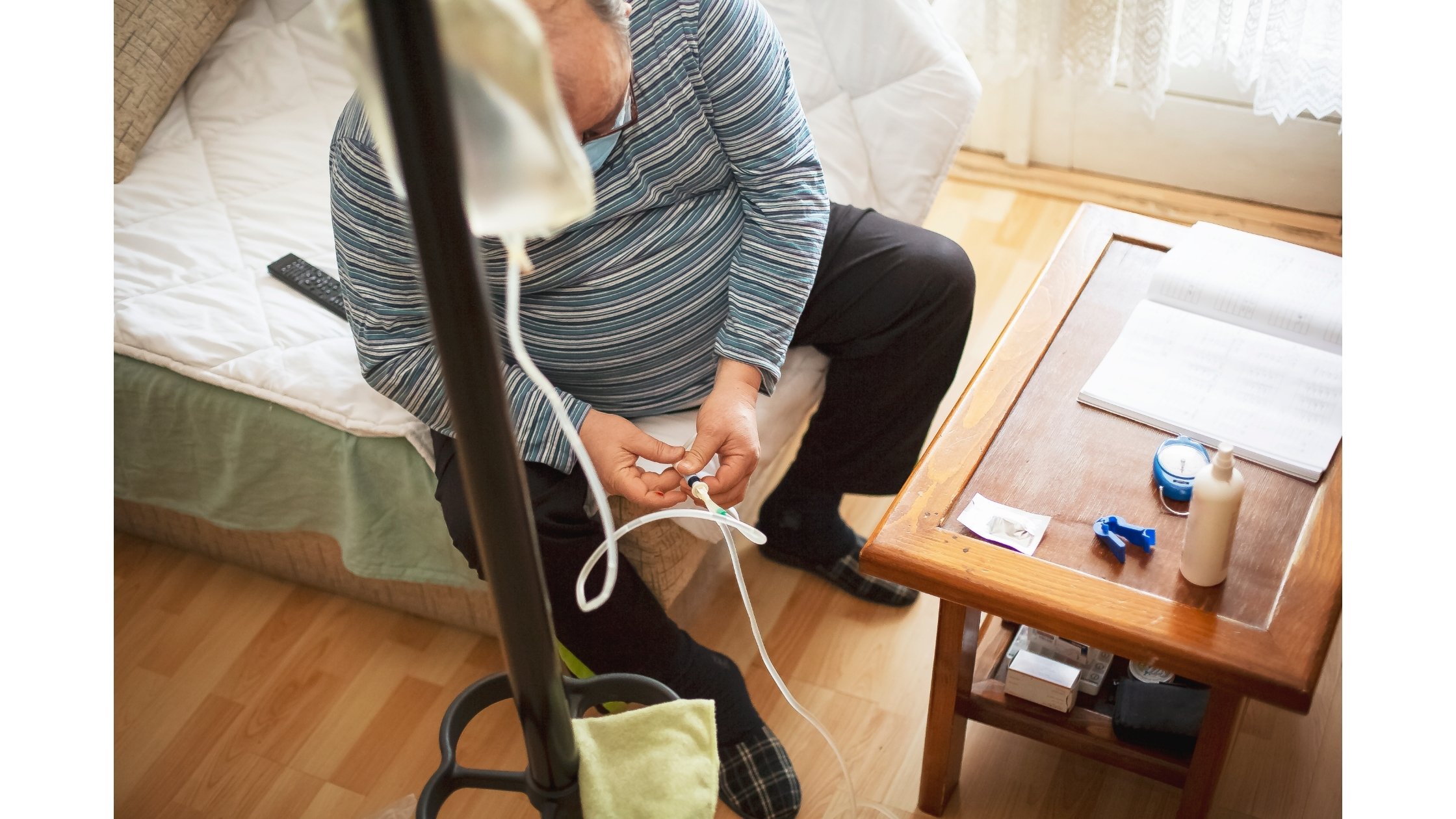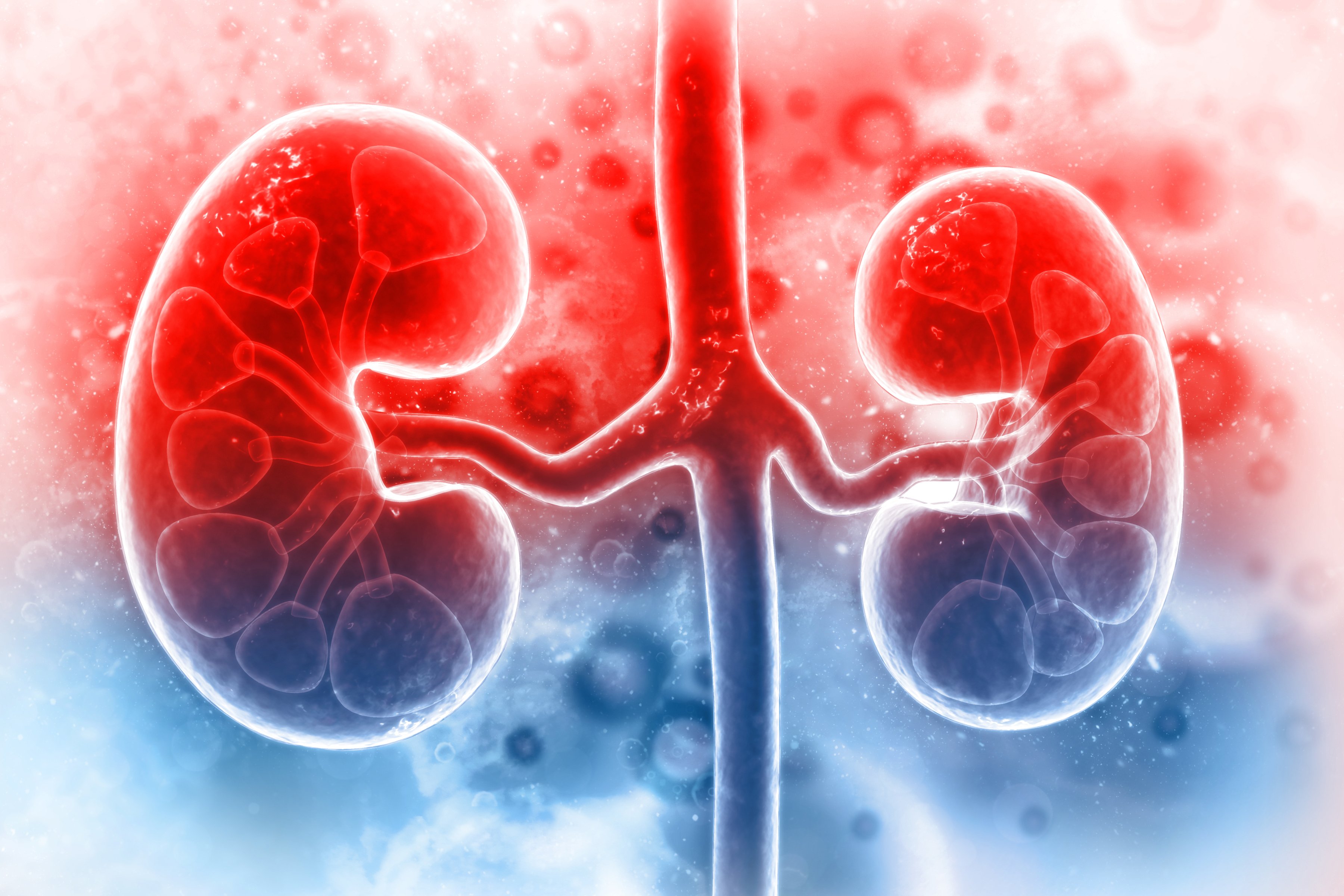
In the dynamic landscape of healthcare, innovative solutions are emerging to enhance patient outcomes. One such game-changer is Remote Patient Monitoring (RPM), and today, we’ll delve into how it can significantly impact the lives of patients with chronic kidney disease (CKD).
March: National Kidney Month
🌟 As we celebrate National Kidney Month, it’s crucial to shine a spotlight on the millions of individuals affected by CKD. These resilient warriors face daily challenges, and Remote Patient Monitoring offers a beacon of hope. Some of the common conditions monitored by RPM for these patients include:
- Acute Renal Failure
- Chronic Renal Failure
- End Stage Renal Disease (ESRD)
- Fluid & Electrolyte Disorders
- Kidney Transplant
- Glomerulonephritis
Health Recovery Solutions (HRS): Putting Patients First
At the forefront of RPM, Health Recovery Solutions (HRS) understands that patient care extends beyond clinical walls and can be extremely valuable for clinical teams, caregivers, and patients treating CKD in the home. Here’s how we can help:
-
Patient-Centric Approach: HRS places patients at the heart of everything we do. Whether it’s CKD, heart failure, or diabetes, our solutions prioritize patient well-being.
-
Tailored Interventions: CKD patients have unique needs, and HRS recognizes this. Our RPM platform customizes interventions based on individual profiles, ensuring personalized care plans. Let’s explore some key clinical aspects:
-
Blood Pressure Management: Uncontrolled hypertension accelerates CKD progression. HRS monitors blood pressure trends, alerting providers to deviations. Early intervention helps maintain optimal blood pressure levels.
-
Fluid Management: CKD patients often struggle with fluid balance. HRS monitors daily weight fluctuations, a crucial parameter. Sudden weight gain may indicate fluid overload, prompting timely adjustments in treatment.
-
Symptom Tracking: RPM allows patients to report symptoms in real time. Whether it’s fatigue, nausea, or changes in urine output, HRS can capture data points. Early symptom recognition empowers proactive management.
-
Medication Adherence: RPM ensures patients adhere to prescribed medications. Non-adherence affects CKD outcomes. HRS sends reminders, educates patients, and monitors compliance.
- Wound Care: CKD patients often face mobility limitations, making travel to wound care clinics difficult. Our virtual wound care allows patients to receive expert guidance from the comfort of their homes. Regardless of their location, CKD patients can access wound assessments and personalized advice.
-
-
Reducing Hospitalizations: By detecting early warning signs, HRS minimizes hospital visits. Avoiding hospital visits minimizes exposure to infections and other risks. CKD patients receive timely interventions, preventing complications. For instance:
-
Volume Overload: Fluid overload strains the heart and kidneys. HRS monitors weight changes, helping prevent acute decompensation.
-
Nutritional Guidance: RPM can include dietary monitoring. HRS educates patients on kidney-friendly diets, emphasizing low phosphorus, potassium, and sodium intake.
- Wound Complications: CKD patients are at risk of wound complications due to impaired healing and compromised immune function. Virtual consultations facilitate swift access to medical advice. Early detection of wound-related issues ensures timely intervention, preventing complications that might lead to hospitalizations.
-
-
Collaboration with Healthcare Teams: HRS fosters collaboration between patients, caregivers, and healthcare providers. It’s a holistic approach that improves outcomes. Teleconsultations allow real-time discussions, bridging gaps in care.
Beyond the Clinic Walls
RPM extends care beyond the confines of the hospital or doctor’s office. It’s a safety net for at-risk patients, especially those in remote areas or with limited mobility. Teleconsultations bridge the gap, allowing patients to discuss concerns and receive timely guidance.
Chronic Kidney Disease (CKD) patients participating in hospital-at-home programs enabled by RPM experience a unique approach to care. These programs allow patients to receive necessary treatments and support in the comfort of their own homes. Patients and their care partners are trained to perform hemodialysis at home. RPM then enables healthcare providers to monitor those patients remotely, ensuring timely adjustments and addressing any issues [i].
Benefits to patients of home, peritoneal dialysis include greater lifestyle flexibility, great dietary flexibility, more stable blood chemistry, and blood hydration, and in some cases, longer lasting residual kidney function. For providers, home dialysis enables them to cut clinician time in half and decrease the cost of care.
In summary, hospital-at-home programs provide CKD patients with personalized care, symptom management, and the opportunity to actively participate in their treatment journey from the comfort of their own homes.
The Future of CKD Management
By leveraging RPM, we can revolutionize CKD management. Improved patient engagement, reduced healthcare costs, and better outcomes await those who embrace this digital transformation.

Remote Patient Monitoring Playbook for Nephrology
Download our clinical playbook for Nephrology to learn about how you and your teams can better manage patients with chronic kidney disease (CKD)
Let’s Champion RPM!
As healthcare professionals, let’s champion RPM and empower our CKD warriors. Together, we can create a healthier, more connected world.
Have you experienced the benefits of RPM for CKD? Reach out and share your story with us!
Remember, the future of healthcare lies in our ability to embrace technology while keeping compassion at the core. Let’s make RPM a cornerstone of patient-centric care! 🌐💙👩⚕️
Disclaimer: The information provided here is for educational purposes only. Always consult your healthcare provider for personalized advice.
Referenced in this article: